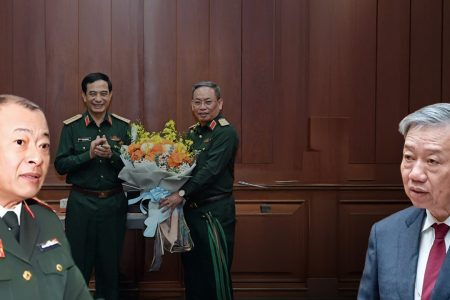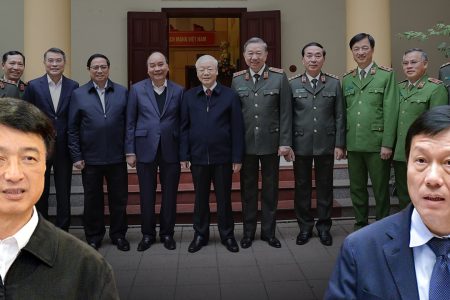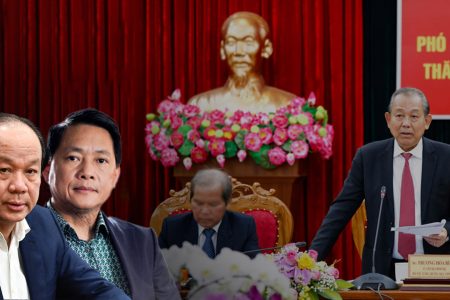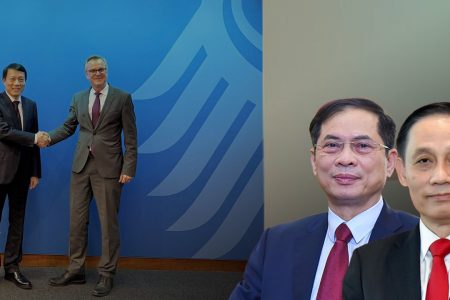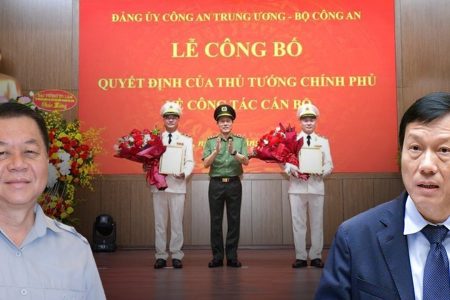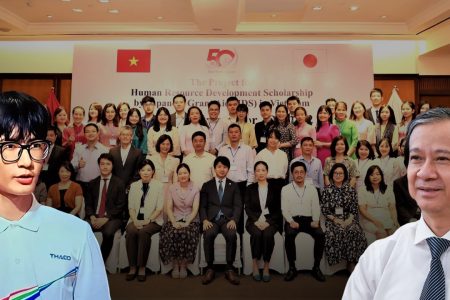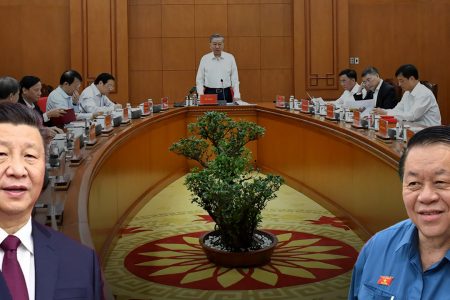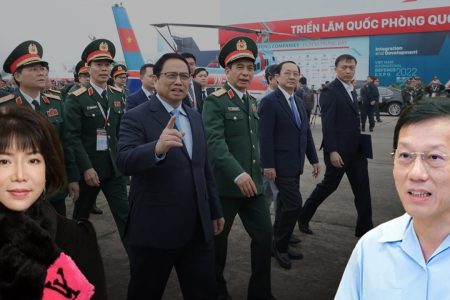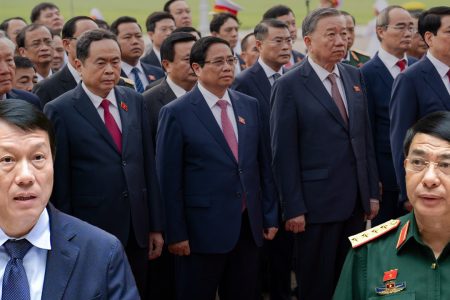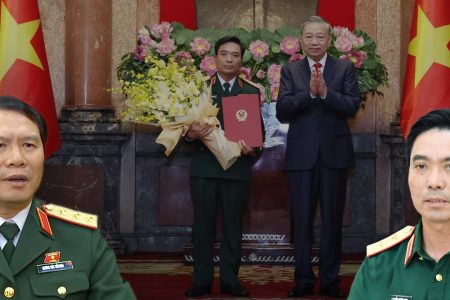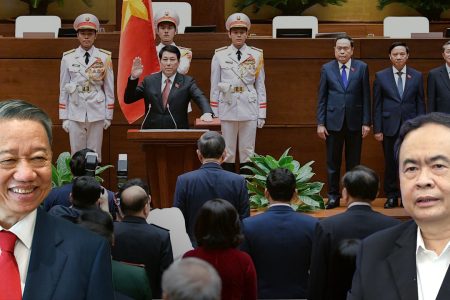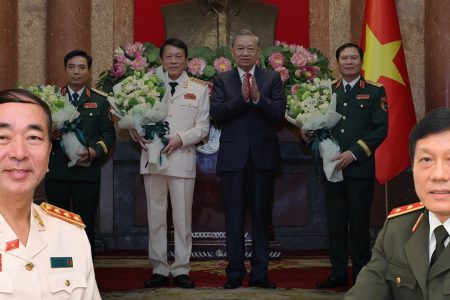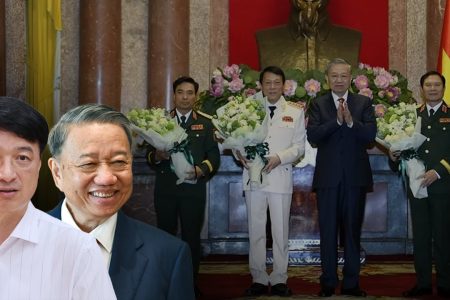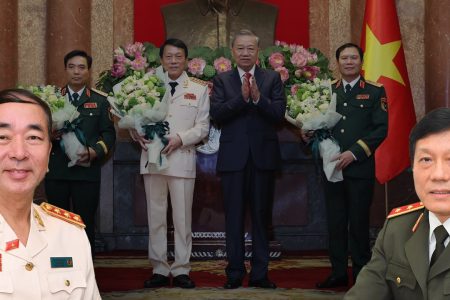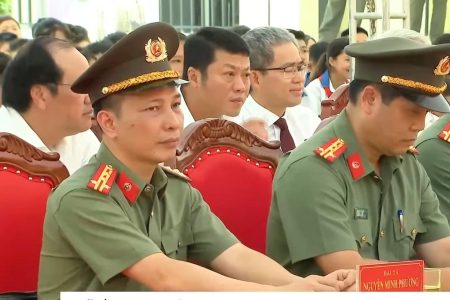
The regulation that “land belongs to the entire people, and the State is the representative owner” and the State’s unequal treatment of people and businesses are among the causes leading to conflicts related to land use rights in Vietnam for a long time.
On January 13, the Singapore-based Center for Southeast Asian Studies held a panel discussion titled “Land conflicts in the suburbs of Vietnam: causes and consequences.”
The keynote speaker of the seminar was Ms. Do Thanh Huyen, a policy analyst of the United Nations Development Program (UNDP) in Vietnam.
According to this expert, since 2004, the wave of industrialization and urbanization has led to a wave of commercialization of land.
With the explosion of demand for land to build factories and urban areas, land conflicts have arisen, when agricultural land is collected in large quantities. Famous land-related conflicts during this period include Tien Lang, Van Giang, Dong Tam, or Thu Thiem.
“A study by the Asia Foundation in 2013 shows that there are many types of conflicts over land. We note that conflicts often revolve around land acquisition, compensation, government assistance, and resettlement. These are the main causes leading to a lot of complaints and denunciations from landowners.
And the most typical and difficult conflict is the conflict between landowners (users) and state agencies. Because the State agency is the representative of the landowner, but there is a very different treatment for the land user, between the land user who is an ordinary citizen and the land user who is an enterprise.”
According to the law, the State is the representative of the landowner, which means that it must act as an intermediary and ensure the interests of the parties, however, the reality shows that the State is showing favor to enterprises, leading to the people’s disobedience.
According to Ms. Do Thanh Huyen, research shows that protests or violent clashes between people and the State are just the tip of the iceberg around land issues.
There are other bigger problems to mention such as the State’s attitude of prioritizing economic development and favoring enterprises, leading to distrust and dissatisfaction among the people. Or corruption, inadequate management regulations, and asymmetric information lead to large-scale complaints.
Corruption and regulatory inadequacies are obvious, but the problem of asymmetric information, especially information on land prices, is one of the burning problems that lead to conflicts over land in Vietnam. In recent times, Thu Thiem is a typical case.
This situation leads to farmers being the group of least beneficiaries, according to Ms. Do Thanh Huyen. She also said that if the land conflict is not resolved, there will be political, institutional, economic, and cultural consequences in the long run.
Thoibao.de (Translated)



